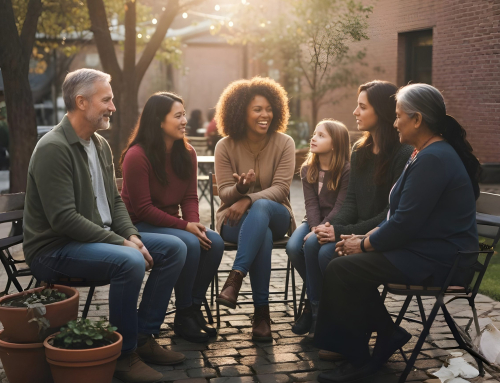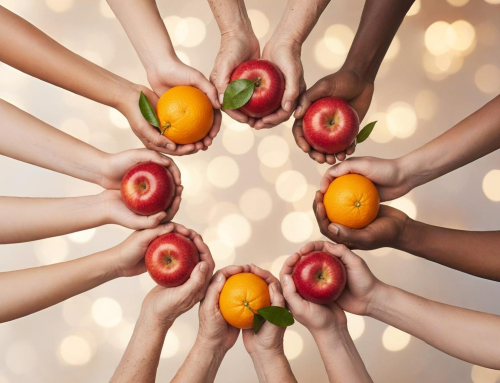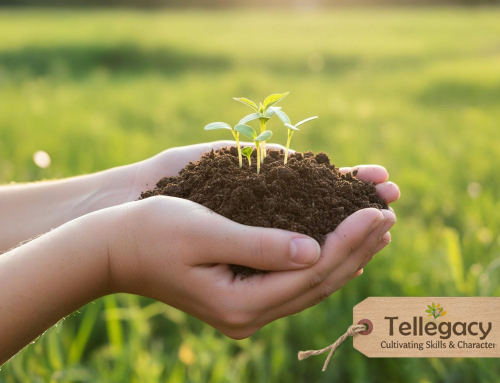We live in an age where it’s easier than ever to be “connected,” yet more people report feeling isolated, stressed, or cut off from meaningful relationships. Scrolls and likes don’t always translate into lasting bonds. That’s why the idea of Social Longevity matters now more than ever—especially for younger people who are laying down the foundation of the relationships they’ll carry through a lifetime.
Social longevity isn’t just about living longer; it’s about living better by staying connected with people who matter most. And it starts early by building habits of listening, communicating, and forming intentional relationships that withstand the pressures of modern life.
Younger Voices, Lasting Skills
Stress and anxiety are everyday companions for many students and young professionals. Between exams, career choices, and the pressures of an always-on culture, it’s easy to feel overwhelmed. But social longevity gives us another lens: instead of trying to “manage” stress alone, we can build a stronger web of support through meaningful connection.
The Tellegacy Program has shown that younger people can thrive when they practice cross-generational communication—listening deeply, asking real questions, and connecting with those who have lived through their own waves of change. These skills—whether practiced over the phone, on Zoom, or in person—don’t just reduce stress today. They build resilience, empathy, and communication habits that will carry into future workplaces, friendships, and families.
From Campus to Career
One of the powerful ways Tellegacy advances social longevity is through partnerships with universities, career development offices, and student-led organizations. Students step into real-world conversations with older adults, crafting “legacy books” that capture stories, values, and lessons across generations.
- For students, this experience strengthens mental health, builds listening and leadership skills, and shows them how to thrive in diverse workplaces.
- For universities, it aligns with goals of student development, career readiness, and community engagement.
- For communities, it creates a bridge of understanding that benefits older adults facing isolation and younger people navigating uncertainty.
These collaborations don’t just create a short-term project. They shape a long-term culture of social health, an ecosystem where young people grow into adults who are not only academically and professionally prepared but socially grounded.
Social Longevity at Work
The workplace is where stress often finds its sharpest edges. But social longevity has a role here too. Employees who have learned how to listen across differences, communicate with empathy, and value human connection bring something rare to their teams: stability, trust, and the ability to face challenges together.
Tellegacy equips students with these very tools before they enter the workforce. By embedding intergenerational communication into the learning journey, the program helps raise up the next generation of employees, leaders, and innovators who see connection not as an afterthought but as a strategic advantage in both life and career.
A Future of Healthy Aging
At its heart, Tellegacy isn’t only about students or older adults—it’s about what happens when those two groups meet. By giving young people the opportunity to invest in conversations today, we’re cultivating a future where healthy aging is the norm, not the exception.
Imagine a society where people enter midlife not already depleted by loneliness but equipped with the skills, habits, and community connections to live out what matters—with the people who matter most. That’s social longevity.
Closing Thought
The Tellegacy Program is proving that social longevity is built in everyday acts: a phone call, a conversation over coffee, or a virtual meeting where stories are shared. When younger people learn to cope with stress through connection rather than disconnection, they’re not only shaping their own futures—they’re creating a healthier, more connected world for everyone.
This is the legacy we can begin building today.






